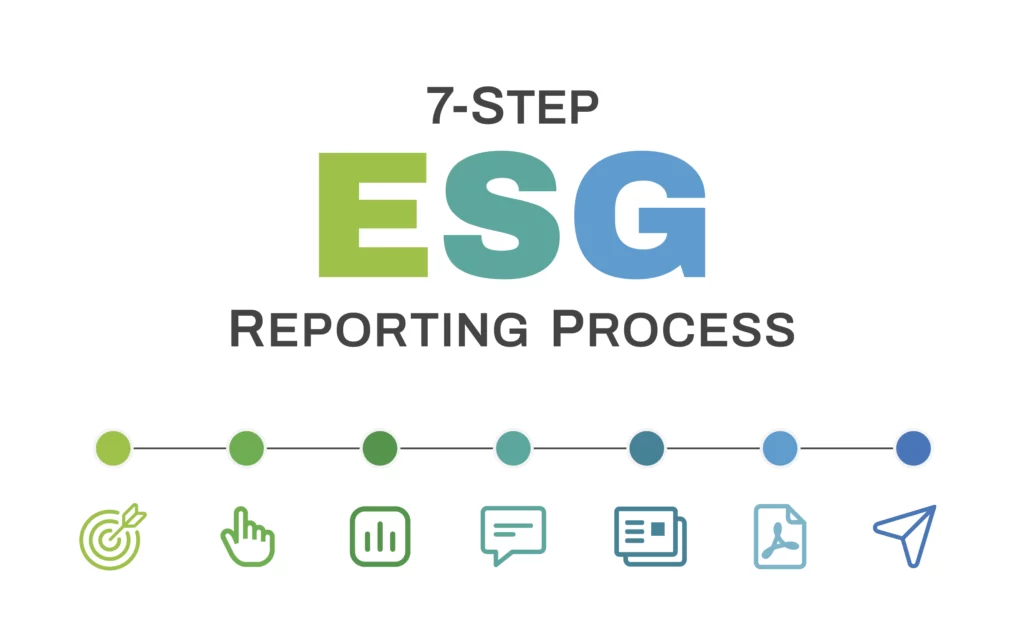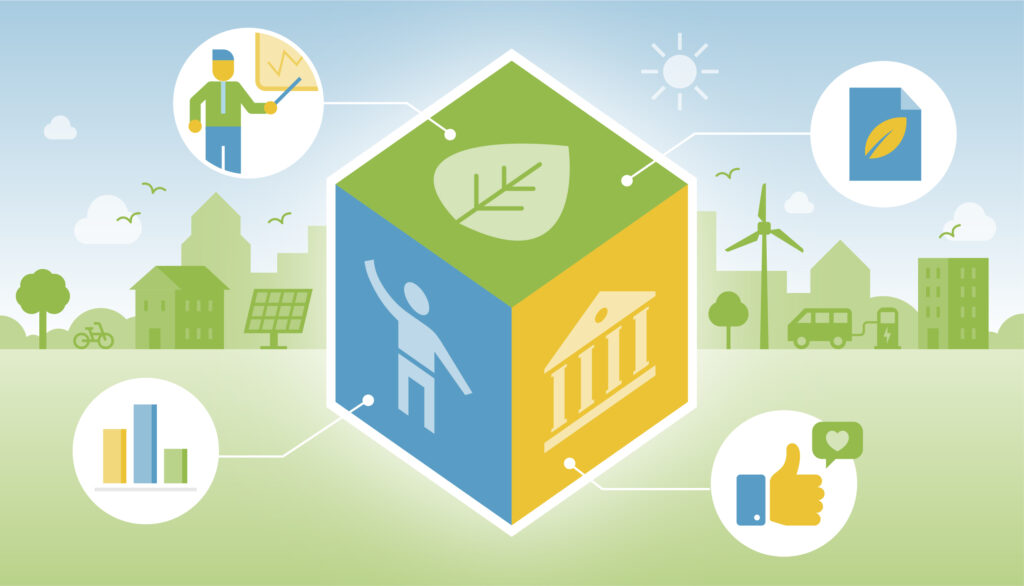Developing a Tailored Sustainability Training Program
Training, Guides / February 27, 2024
By Mary Riddle

In today’s world, it is becoming increasingly important to prioritize environmental education and sustainability. As a business owner, it is crucial to not only understand the impact your company has on the environment but also to educate your employees on how to make sustainable choices. This is where a tailored sustainability training program can be helpful.
However, most companies lack the internal manpower, resources, or expertise to develop these kinds of assessments and subsequent sustainability training programs. To provide employees with access to specialized knowledge and resources, it is important to collaborate with outside experts.
By developing a program specific to your company’s needs and goals, you can ensure that your employees are equipped with the necessary knowledge and skills to positively impact the environment. Here are some steps to help you develop a tailored sustainability training program.
RELATED ARTICLE
The Part 1 article explores the five reasons companies invest in corporate sustainability training.
Assess Your Company’s Needs
The first step in conducting sustainability training is to assess the specific needs of the company and its employees. This can involve identifying the key sustainability challenges and opportunities within the company’s operations and the specific skills and knowledge that employees need to address these challenges effectively.
Set Goals and Objectives
Once you have identified the areas that need improvement, it’s important to set clear and measurable goals and objectives for your training program. This will help you track progress and ensure that your program is effective. For example, your goal could be to reduce energy consumption by 20% within the next year. This will give your employees a specific target to work towards and motivate them to make sustainable changes.
Identify Key Topics
When developing your training program, it’s important to identify key topics that are relevant to your company and make sure they are included in your training program. The program should be tailored to the specific context and needs of the company and its employees. Content should be developed that is relevant to the company’s industry, sustainability goals, and the specific roles and responsibilities of the employees. By understanding your company’s specific needs, you can tailor the training program to address these areas and make a real impact.
Choose the Right Format
Generally, interactive training methods are the most effective. To maximize efficacy, companies often elect to partner with outside experts to conduct workshops, simulations, group projects, and case studies that encourage active participation and hands-on learning. Digital learning platforms provide flexible, accessible training options for employees. Additionally, companies can elect to develop a reward system that can further enhance engagement by incentivizing participation.
Implement and Evaluate
Once your tailored sustainability training program is developed, it’s time to implement it and track its effectiveness. Creating channels for employees to provide feedback on the training program and to participate in its development can help in continuously improving the relevance and effectiveness of the training. Additionally, companies can consider assessments of employee knowledge and skills before and after training, surveys of employee attitudes and behaviors related to sustainability, and tracking of specific sustainability outcomes related to training, such as reductions in energy use or water consumption. It’s also important to regularly review and update the program to ensure it remains relevant and effective.
Repeat as Necessary
Sustainability training should not be a one-time event but an ongoing process that evolves in response to new challenges, opportunities, and advancements in sustainability practices. Companies can work with consulting firms to establish mechanisms for continuous learning and improvement, such as regular updates to training content, refresher courses, and forums for sharing best practices and innovations.
Cultural Shifts Start with Education
Conducting employee sustainability training is critical for companies concerned about improving their sustainability performance. By developing a tailored training program, companies can empower their employees with the knowledge and skills needed to drive more climate-smart, sustainable practices. Cultural shifts begin with education. Providing employees with the opportunity to participate in sustainability training can not only contribute to overall corporate social and environmental goals but can also improve employee engagement and contribute to the company’s long-term financial and reputational success.
Have you implemented a sustainability training program in your company? Contact us today, and let’s make a positive change together!


